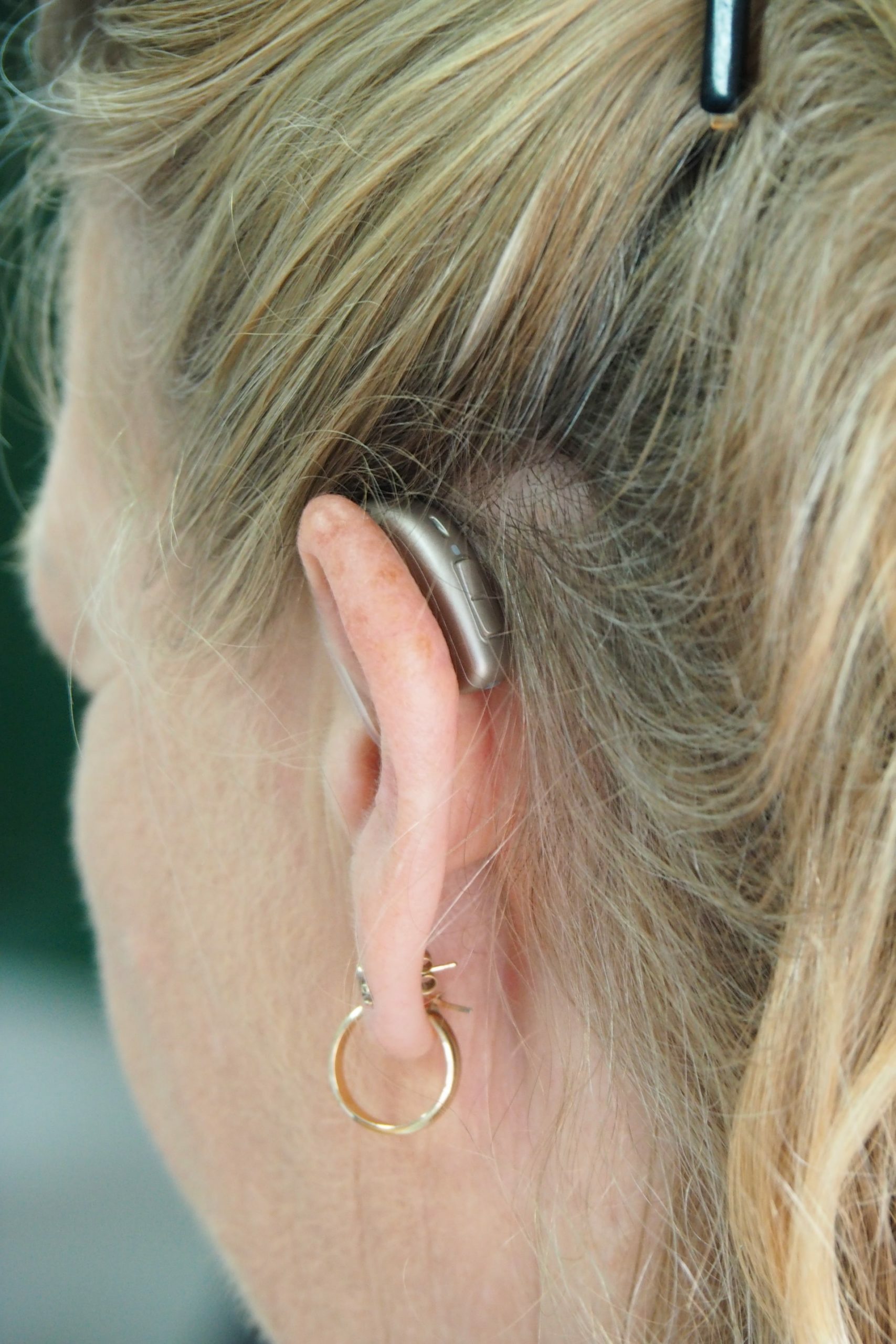Your hearing can naturally diminish as you get older, or you may lose your hearing suddenly and without warning due to an accident or underlying condition. It can be difficult to learn to live with hearing loss. You’ll certainly need to be patient and allow yourself a period of adjustment. How you interact and perceive the world with your senses will be different from what you’re used to, but remember—it’s all a learning curve. You may need the people around you to communicate more clearly in order to stay up to speed. It’s a lot of change to handle.
If you’re feeling frustrated, anxious, or even depressed due to your hearing loss, you’re certainly not alone. Most people feel this way, and not just in the U.S., but globally, if they can no longer hear like they used to. It’s easy for someone outside of your situation to say that you’ll get used to it eventually, or encourage you to speak up if you’re feeling excluded from a conversation or situation. Input that’s meant to be helpful can get old really fast if it’s unsolicited. If you’re looking for your own path to help you cope with hearing loss in a healthy way, here are a few suggestions to get you started.
1. Talk to your doctor about state of the art hearing technology.
If you’re experiencing hearing loss, hearing aids can be a huge asset in your daily life. Hearing aids are very advanced these days, and they enhance the world around you so that you’re able to live more fully. When you imagine hearing aids, you’re probably thinking back to what you’re own grandparents wore, but hearing aid technology has advanced considerably since that time. Artificial intelligence is now used to meet your needs more specifically.

Starkey hearing aid models are some of the best on the market. These hearing aids not only help you hear better, but they can also give you more of your independence back. They’re able to block out background noise and boost speech levels in noisy environments, allowing you to hold your own, even in restaurants or at family gatherings. Your hearing aid can adjust the sound levels on its own depending on the situation, as well as allow you to make changes manually.
Starkey aids are rechargeable and connect to your Bluetooth to allow easier phone calls and Zoom conversations. They can also be used as a translation tool for other languages when paired with an app. You can travel and eat at your favorite locations. If you’re older and your family is worried about you falling at home, Starkey hearing aids can detect any falls that the wearer experiences and alert a list of your friends and family that you’ve preprogrammed. Talk to your audiologist about trying Starkey hearing technologies.
2. Look to alternative medicine to destress.
Coping with hearing loss can create undue stress in your life, and that stress should be addressed as well. One of the best ways to take care of your mental health is to look at more holistic treatments for anxiety. Try a few different types of alternative medicine options in order to find what makes you feel relaxed, try dietary supplements, or schedule an appointment for a facial. Get pampered with face masks that will have you relaxing and looking rejuvenated afterward.
If you’d rather, consider getting a full body massage to work out your tension. You may be surprised by where you carry stress in your body. Massage is great for overall health as well as anxiety because it brings circulation to areas that don’t always experience a lot of blood flow. Also, you may want to consider introducing CBD into your daily routine. What you should know about CBD cigarettes is that they may not be the easiest way to administer CBD if you’re not already a smoker who is used to regular cigarettes. Consider trying edibles as a great alternative. Just remember to get the all-clear from your general practitioner before your first time trying CBD.
3. Make time for yourself every day.
It’s easy to avoid taking care of yourself if you’re having a hard time coping with change. Carve out time every day to do something that you love. Try cooking a meal that’s a little more involved or buy a pottery kit to make a vase.
If traveling is a passion of yours, take this time to plan an amazing vacation after the pandemic ends. Your travel plans don’t have to be an elaborate out-of-country trip. Find somewhere local in the United States. You’ll have something to look forward to once quarantine ends and you have your COVID-19 vaccination.
4. Create a network of support from friends, family, and professionals.
Your support system is going to be able to help you make the adjustments you need in order to cope with hearing loss. It may comfort you that during the COVID-19 pandemic, everyone has felt isolated, so you’re certainly not alone in feeling overwhelmed or depressed. Next year, you’ll be able to see your friends and family more frequently, so they can provide you greater support. Nevertheless, it’s important that you express how you’d like to be supported.
If you’re not sure how to ask for help, one of the best things you can do is see a counselor or therapist. There’s a good chance that your health care provider would cover the cost. Preparing for a therapy session is straightforward. For your first session, you just fill out the paperwork as honestly as possible and schedule a time. It may be exactly what you need to cope with your hearing issues.









